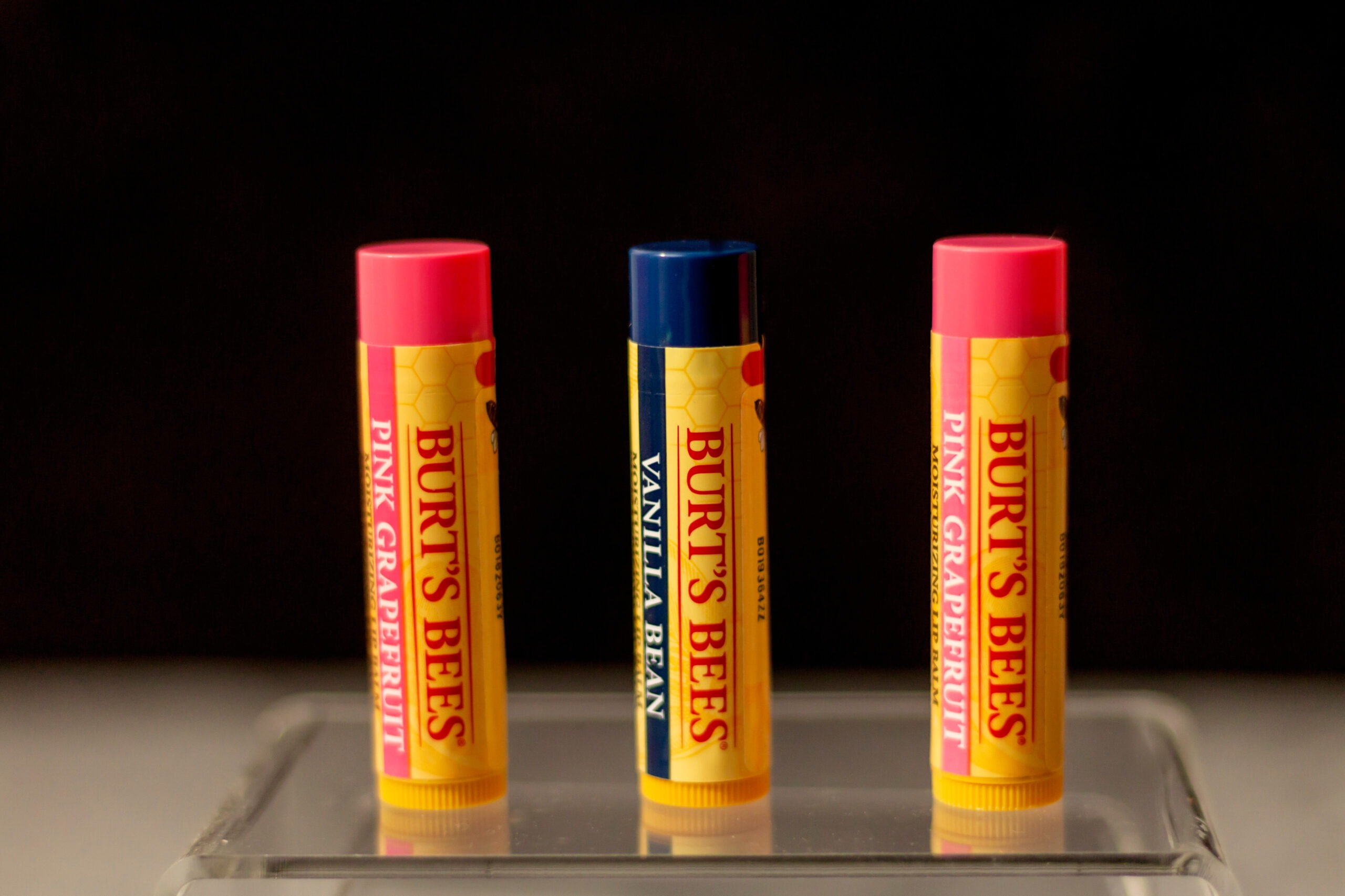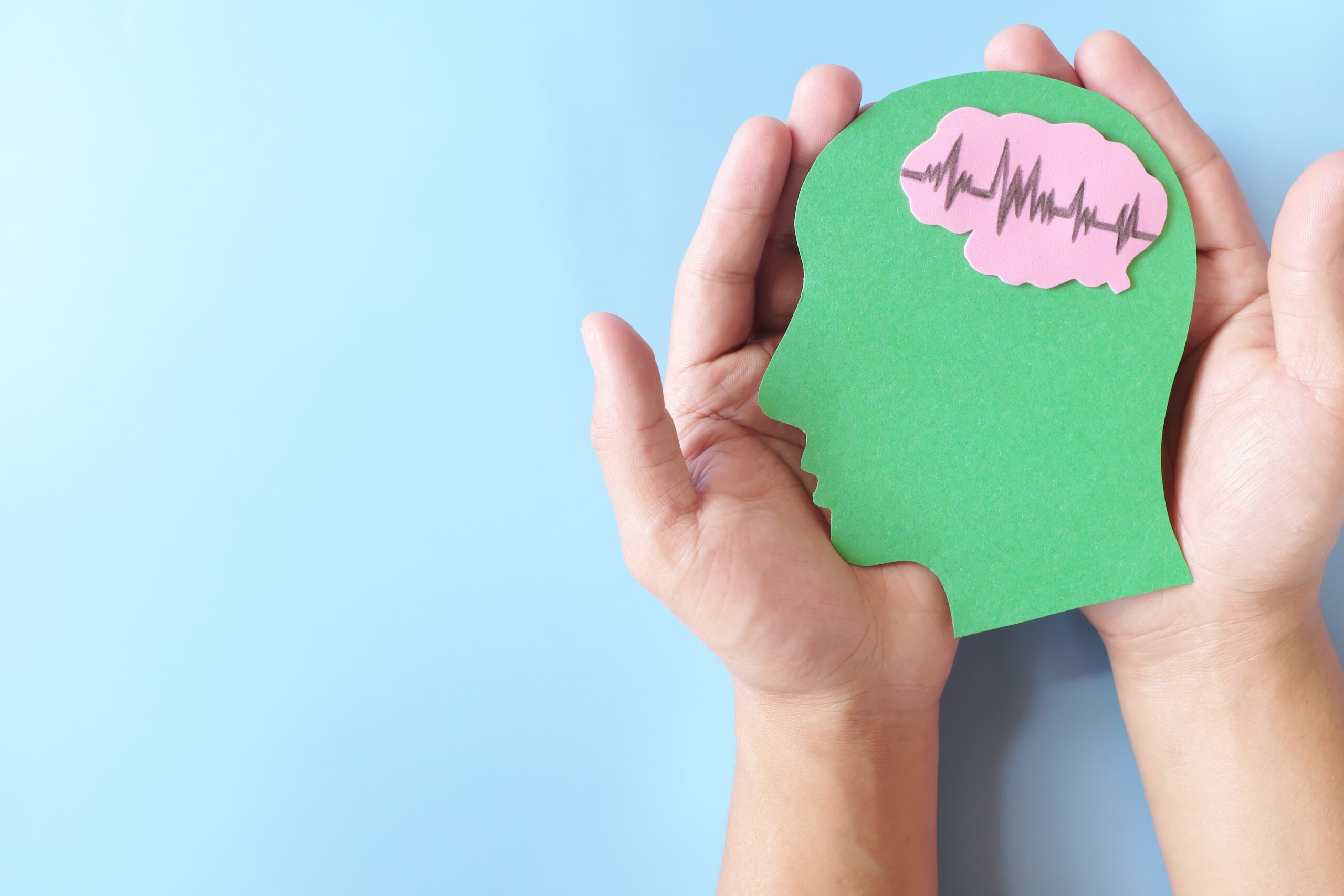As we get older, we’re going to get more forgetful. In fact, our brain mass actually starts to shrink in our 30s in addition to blood flow decreasing. Our neural network won’t be as sharp as it once was, but there might be some external factors that accelerate this decline. In fact, some innocent habits we carry out on a daily basis may be contributing to memory loss. These triggers include:
1) Taking certain medications – whether they are over-the-counter drugs or prescription medication, they may inhibit your memory as part of the long list of side effects. This is especially the case for any medication, like antidepressants, that directly affect your brain and neural network. You may take medication to treat a psychiatric condition, but while that’s being treated, your memory might be getting chipped away
2) High stress – if we are so focused on high-pressure situations that we let it consume us, we may forget previous situations. Stress can never be avoided but it can be properly managed so that we don’t experience physical side effects like headaches, weight gain, and memory loss.
3) Not sleeping enough – if we don’t get enough rest in general, we expose ourselves to a slew of health risks, such as memory loss. We need to give our brains enough rest to process everything that happened that day. Memory consolidation and those extra neural connections to store those memories occurs in REM sleep, so rest up to remember!
4) Poor diet – A healthy diet leads to a healthy brain. A “smart” diet consists of:
- Healthy fat – Foods with unsaturated fat and high-density lipoprotein (HDL) helps keep your neurons in contact with each other. Such foods include avocado, flax seeds, pumpkin seeds, and tofu.
- Fish – Fish like salmon, tuna, and sardines are high in omega-3 fatty acids, which is an essential nutrient for brain health
- Whole grains – Whole-grain foods haven’t been processed and stripped of their nutrients. Foods like quinoa, whole-wheat bread, and wild rice have fiber and lots of vitamins and minerals to keep your brain fueled.
Keep your memories intact by taking better care of yourself. If you need to take certain medications, talk to your doctor first to ensure that they won’t affect your memory.






